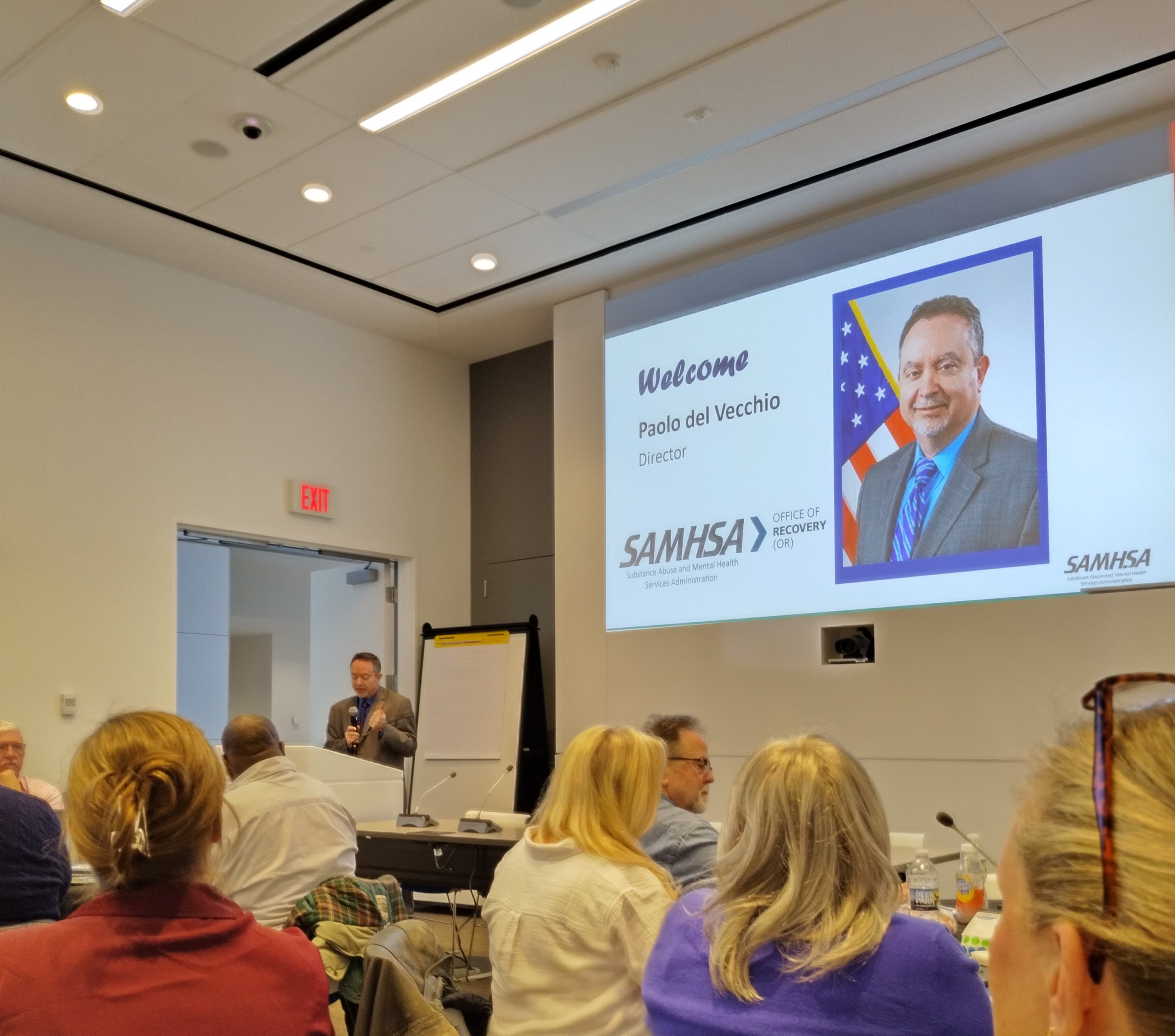My Sober Adventure
From my childhood and early adolescence, a foundation had been laid for outdoor adventuring. Backpacking, rock climbing, paddling and mountain biking were staples of my summers spent in the Blue Ridge Mountains of North Carolina. However, as did most other aspects of my life, these hobbies took a back seat to the pursuit and use of drugs and alcohol. In the deserts of Utah in a wilderness therapy program, I rediscovered the rewards that could be gained from stepping out of my comfort zone into nature.
Transportation with an unwilling adolescent
Some of you know what this is and some of you don’t. Involuntary rehabilitation, or “gooning” is when parents (normally) hire individuals (I call them bouncers) to take their child without the child’s consent to a rehab of one sort or another. This is a controversial debate since a minor is being removed from their home, involuntarily and subjected to some type of program without choice.
Of course, as parents we make many choices for our children, from the type of food they eat, the home they live in, schools, activities and much more, but when it comes to “gooning” it becomes tricky. Sending a child away from home can be scary not only for the parents/caregivers but also for the child. To remove them involuntarily, in the middle of the night, by strangers can only add to fear.
Samhsa
We wanted to share some exciting news!
February 4 and 5th Harlan Serenity Foundation headed to SAMHSA (Substance Abuse Mental Health Services Administration) to assist with creating Family Care for recovery, providing lived experiences.
The opportunity will soon be available to learn more about what you can do to support those in Recovery.

Blue Zones
Hello 2025. I wanted to start off this year with how Nature helps. Have you ever heard of the “blue zones”? Did you know that humans that live in blue zones live longer than anywhere else?
What are blue zones?
Blue zones can be found all over the world including the United States. People who live in blue zones experience a longer life expectancy by eating healthier, managing stress easier, and using movement and nature as part of their daily routines. They have a sense of purpose or “ikigai”.
Empowering Self Advocacy and Reducing Stigma
Substance Use Disorder (SUD) is a serious medical condition that affects millions of individuals worldwide. Despite its prevalence, those struggling with addiction often face significant stigma, discrimination, and legal barriers that hinder their recovery. For many, the experience is not just about managing addiction, but also navigating the intersection of addiction and disability rights.
In this blog post, we will explore how SUD is viewed through the lens of disability rights, the importance of self-advocacy, and how knowledge of these rights can help reduce the stigma that surrounds addiction.
Recovery
My journey toward sobriety and through recovery from alcoholism has been full of trial and error, courage, patience and willingness. The ongoing road of growth in recovery is fraught with challenges, the most daunting of which being the moments when I am tempted to drink. Despite the many consequences (whether physical, emotional or spiritual) I have faced in the past due to my consumption of alcohol, temptations and desires still arise and I HAVE to take action in order to protect my sobriety.
Rocket Tyranny
I don’t know if you saw it, but there was a rocket launch this weekend. SpaceX launched their newest model of rocket called Starship. This rocket is a beast. It’s the largest rocket to ever fly. It’s bigger than the Saturn V which was used to send astronauts to the moon. Like most rockets, it is staged. It has an upper stage that will be used for people & cargo, and a lower stage that boosts all that stuff up through earth’s atmosphere.
Save a Life
Reach out to us to find out more about narcan. We have free narcan available.
The good Samaritan law protects action, carry narcan, know CPR and remember breath saves lives.
We’ve joined with Project Opioid. https://www.projectopioid.org/ and Soar Outreach, Access and Recovery for this save a life day. Be prepared.
Move a Muscle Save a Life
Harlan Serenity Foundation is going to MOVE A MUSCLE TO SAVE A LIFE! We’re completing a Tough Mudder event which has not only challenging physical obstacles but also is a great way to raise awareness and funds for recovery.
Our Wilderness Warriors are using perseverance and teamwork for this event because recovery takes some of both! If you would like to be part of this event, you can join in the event, donate one time or become part of our monthly donors or feel free to promote the event.
Stories From the Field
Take a few minutes outside in nature to listen to the purpose behind what we do. Thank you Will White, Stories from the Field for all you do for the wilderness community.
Pictured from left to right Sarah Holliwell, Abbie Squier, Graham Squier, Melissa Squier, Brittany Trumbull, Steve Trumbull, John Marx, absent Edward Coderman
